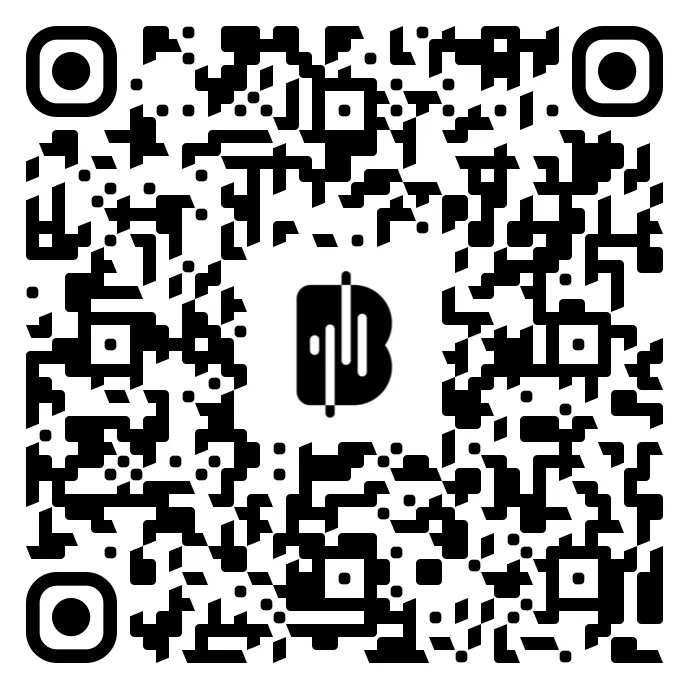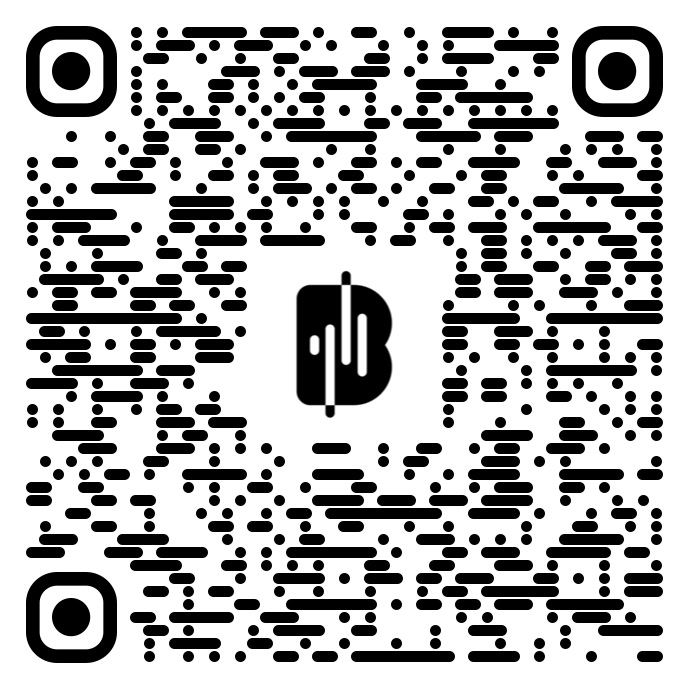As a general rule, communication in a business context is straightforward—we “cut to the chase” because decisions must happen promptly.
Business English is its own sort of language, with certain expressions and phrases occurring frequently within the business world . Learning these businesses expressions can help you get your foot in the door and enable you to converse more easily with clients and colleagues.
Business idioms help you share complex ideas, making them sound natural and easy to understand. If you’re a non-native English-speaking professional in America, knowing how to use idioms can make your workday smoother and greatly enhance your workplace communication.
Say goodbye to boardroom misunderstandings and say hello to streamlined communication with these common business idioms used in American workplaces across the country:
1. Cut to the Chase This is one of America's most essential business idioms, and it's all about getting to the point.
To "cut to the chase" means to skip over the preliminary details and getting straight to the important part.
“I appreciate the background info, but let’s cut to the chase and discuss the key issues in the project.”
2. Ballpark Figure A ballpark figure is an estimate that gives you a general idea rather than an exact number. As with many American idioms , it originates from sports—baseball to be exact.
It's a way to introduce an inexact yet informed figure within the corporate world.
“Can you give me a ballpark figure on how much the new marketing campaign is going to cost us?”
3. Touch Base See what we mean about the sports theme in English idioms?
This idiom means to briefly check in with someone or give a quick update. With this single phrase, you can send a short message to see if everything is going well or ensure every party involved in an activity is on track.
“Before the big meeting, Sam wanted to touch base with his team.”
Take your free accent assessment Get to know your pronunciation level and get 7 days of lessons for free on the BoldVoice app.
Start Free Trial
4. In the Loop When a person is "in the loop," they are informed and updated in real time regarding an idea, project, or event.
"I'd like to be in the loop regarding tomorrow's event. "
5. Hit the Ground Running To "hit the ground running" means to start a task or project with great energy and enthusiasm.
If you begin a new job, for instance, you'll want to hit the ground running.
"The new director really hit the ground running—she's already implemented three new policy changes."
6. On the Same Page Being "on the same page" means everyone involved has a mutual understanding or agreement. Imagine a book club where everyone is reading the same book; being on the same page means there’s no confusion about what’s being discussed.
Take a look at this short example: “Before we move forward with the merger, we need to ensure that all departments are on the same page regarding the integration plan.”
7. Burning the Midnight Oil In business English, this idiom refers to staying up late into the night to work on something because of a tight deadline or the need to get an important task done.
It highlights the effort and dedication put into working long hours, often at the expense of sleep, to achieve a goal or complete a project.
“With the big presentation approaching, I was burning the midnight oil to ensure everything was perfect.”
8. Back to the Drawing Board If a project you had planned for didn’t go as planned, English speakers might say you ought to go "back to the drawing board."
This refers to returning to an early stage in the process to rethink your approach, make adjustments, and come up with a new and improved plan.
"Go back to the drawing board to develop a more effective strategy .”
9. Put All Your Eggs in One Basket To put all your eggs in one basket is like betting your entire fortune on something. You’re taking a big risk and relying completely on one option.
Generally speaking, putting all your eggs in one basket is risky, but it can sometimes be necessary in a business context.
“When the company didn’t take off as expected, he learned the hard way that putting all his eggs in one basket was a bad idea.”
10. The Ball is in Your Court This is one of many business idioms that connotes attributing responsibility to a person or group. It's used to signal who will take the next step in a given context, whether that's taking an action or making a decision.
“I’ve provided all the details for the contract. Now the ball is in your court to review and let me know if you agree with the terms.”
11. Bite the Bullet In the workplace, biting the bullet means facing a tough and uncomfortable situation with courage.
"It's time to bite the bullet and tell the CEO that the project didn't go as planned."
12. In My Wheelhouse If something is "in your wheelhouse," it's within your area of expertise. You can tackle things in your wheelhouse with confidence and relative ease.
"Let Sarah handle the budget—finances are in her wheelhouse."
Take a look at BoldVoice coach Eliza explain this business idiom among other workplace phrases!
13. Throw in the Towel This business English idiom simply means to admit defeat and cease efforts on something that’s clearly not working.
If you throw in the towel while working on a project, you are conceding that it’s time to abandon that path and shift your focus to more promising opportunities.
"After numerous failed attempts to resolve the issue, the team decided to throw in the towel and seek help from an external consultant.”
14. Get Your Foot in the Door To "get your foot in the door" means to take the first step towards a bigger opportunity. It refers to getting a small chance that could lead to something bigger.
“Taking a part-time job at a company is a good way to get your foot in the door and possibly move up to a full-time position later.”
15. Go the Extra Mile The key to this phrase lies in the word "extra." When you go the extra mile, you go beyond what is expected in order to produce extraordinary results.
“Jane went the extra mile by finishing the report early and adding a detailed analysis that impressed the client.”
16. The Bottom Line In business, “the bottom line” refers to the final profit or loss figure on a financial statement.
Used often by native speakers, this idiom can be used in a broader context, too. When not referring specifically to finances, "the bottom line" is the most important aspect of a particular situation.
"The bottom line is that we need to grow our client base by 10% before the next shareholder meeting."
17. By the Book When you do something by the book, you do it exactly as the rules, guidelines, or procedures dictate.
"We're being audited—it's imperative that we do things by the book."
18. Across the Board Instead of saying "applying to all," when referring to something that is universally applied, you can say "across the board."
This means that something consistently and uniformly affects every case or category, without exceptions.
"The company is reducing overtime hours across the board."
19. Throw Someone Under the Bus One of the more aggressive English idioms, to "throw someone under the bus" means to put another person in trouble, usually in order to save yourself.
"Steven threw me under the bus in our last Zoom meeting and told the client that I was the reason the project was delayed."
20. Learn the Ropes One who is new to a job or an activity may have to learn the ropes. This means getting familiar with something, understanding how it works, and discovering how to handle the basic tasks involved.
"You have to learn the ropes before you can become a team leader."
21. Think Outside the Box This is another one of America's most used idioms: When you “think outside the box,” you move away from traditional ideas and come up with new, creative solutions.
For example, “When the team faced a design challenge, they thought outside the box and came up with a unique app feature that users loved.”
22. Under the Weather Everyone gets sick occasionally, but native English speakers often prefer to speak in euphemisms in order to avoid giving too much detail when it's not relevant.
Saying that you're feeling "under the weather" communicates that you're dealing with some sort of an illness, without specifying what kind.
"I'm sorry, I won't be able to come in today—I'm feeling under the weather."
21. Hit a Home Run When you "hit a home run," you've done something with great success.
"Marc hit a home run with his latest social media ad, we couldn't be more thrilled."
23. Grab the Bull by the Horns When you "grab the bull by the horns," you face a challenging situation head-on, with courage and determination.
“Sam took the bull by the horns and led a series of strategic meetings to address the issues.”
25. Get Down to Brass Tacks This phrase typically means moving past general discussions to tackle the core issues that need to be addressed.
Similar to "cut to the chase," getting down to the brass tacks involves addressing "the bottom line" of a particular situation.
"Let's get down to the brass tacks—how are we going to pay for this?"
26. Level the Playing Field To "level the playing field” means to make things fair so that everyone has the same chances.
American work culture is big on equality and inclusivity, so you might hear this one more often.
"The company decided to level the playing field and consider all team members equally for the promotion, regardless of their educational background."
27. Blow Off Steam Imagine a pressure cooker releasing steam to prevent an explosion. To "blow off steam” is a bit like that, only for your emotions.
It means letting out built-up stress or frustration to relieve tension.
"After the busiest week of the year, the team went out for drinks to blow off some steam."
28. In the Driver’s Seat When you're "in the driver's seat," you're in control. In a business context, it refers to whoever has the decision-making authority or whoever is leading the project.
"Sophia is in the driver's seat for this meeting."
29. Cut Corners To "cut corners" means to do something in a way that saves time or money, but often at the expense of quality.
When you cut corners, you’re taking shortcuts that might compromise the outcome.
"Our competitors cut corners, while we prioritize quality."
30. Give the Green Light To "give the green light" means to give approval or permission for something to proceed.
“After reviewing our proposal, the supervisor gave the green light to commence work.”
Learn Essential Business Idioms with BoldVoice In the U.S. workplace, communication is imperative. The business world is rife with expressions and idioms, and for non-native speakers who hail from different parts of the world, this can be a significant barrier to entry and advancement.
Knowing these workplace idioms is one thing—knowing how to pronounce them is another. That's where the BoldVoice app comes in.
An interactive language AI-powered app that can simulate real-life scenarios, BoldVoice can help you practice using these idioms on your own. The app particularly targets simplifying tricky sounds and words that may hamper your overall communication skills, driven by lessons from professional accent coaches and interactive practice exercises.
Sign up on BoldVoice to enjoy a 7-day free trial and access the resources and support you need to refine your language skills and communicate confidently, both inside and outside the workplace.









